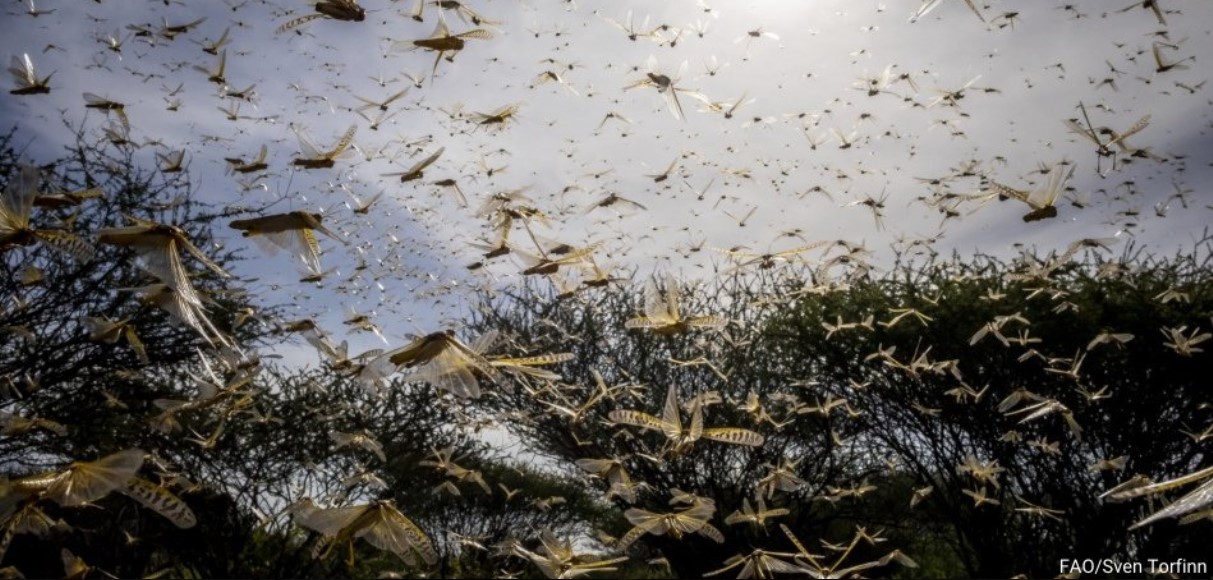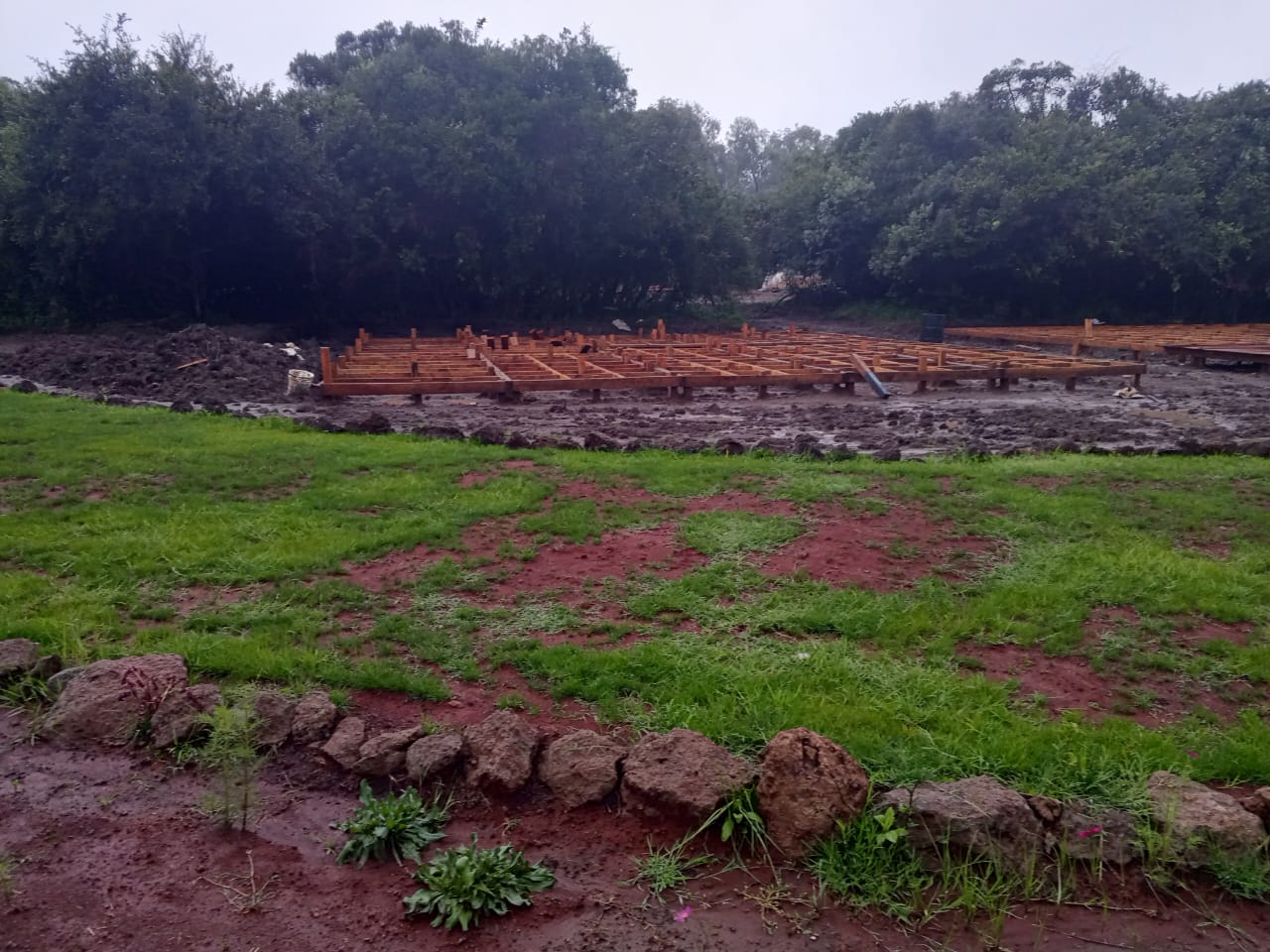Desert locust outbreaks persist across North Africa, FAO warns of ongoing threat

The FAO emphasises the need for continued surveys and control measures to prevent further development of the outbreaks.
The Food and Agriculture Organisation (FAO) has reported that desert locust outbreaks, which began in February and March, are continuing to affect several countries in northwestern Africa.
Adult groups, small swarms, hopper groups, and bands are present in many areas from central Algeria to Tunisia and Libya, with additional groups in Morocco, northern Chad and Niger.
More To Read
In Algeria, hoppers, adults, groups, and laying have been reported in many sites across the south, centre, east, and northeast, with 13,915 hectares treated between April 1 and 23.
In Morocco, adults, laying hoppers, and groups have been observed along the Draa Wadi, leading to the treatment of 1,071 hectares during the same period.
In Libya, groups of laying adults, hopper groups, and bands have been reported in the northwest, southwest, and centre, with 342 hectares treated between April 1 and 23.
The FAO emphasises the need for continued surveys and control measures to prevent further development of the outbreaks.
"Surveys and controls are necessary in all potential spring breeding areas to avoid further development," the Organisation stated.
Looking ahead, the FAO forecasts that spring breeding is expected to continue in Algeria, Libya, Morocco, and Tunisia.
In May, new adult groups and small swarms are likely to begin forming and eventually migrate south to the Sahel from June onwards.
Meanwhile, existing adult groups in the northern Sahel may either move north into the southern Sahara to breed during the spring or remain in place, awaiting the early summer rains.
In conclusion, FAO urges all affected countries to maintain vigilance and continue their efforts to control the spread of desert locusts to protect food security and agricultural livelihoods in the region.
Top Stories Today













































